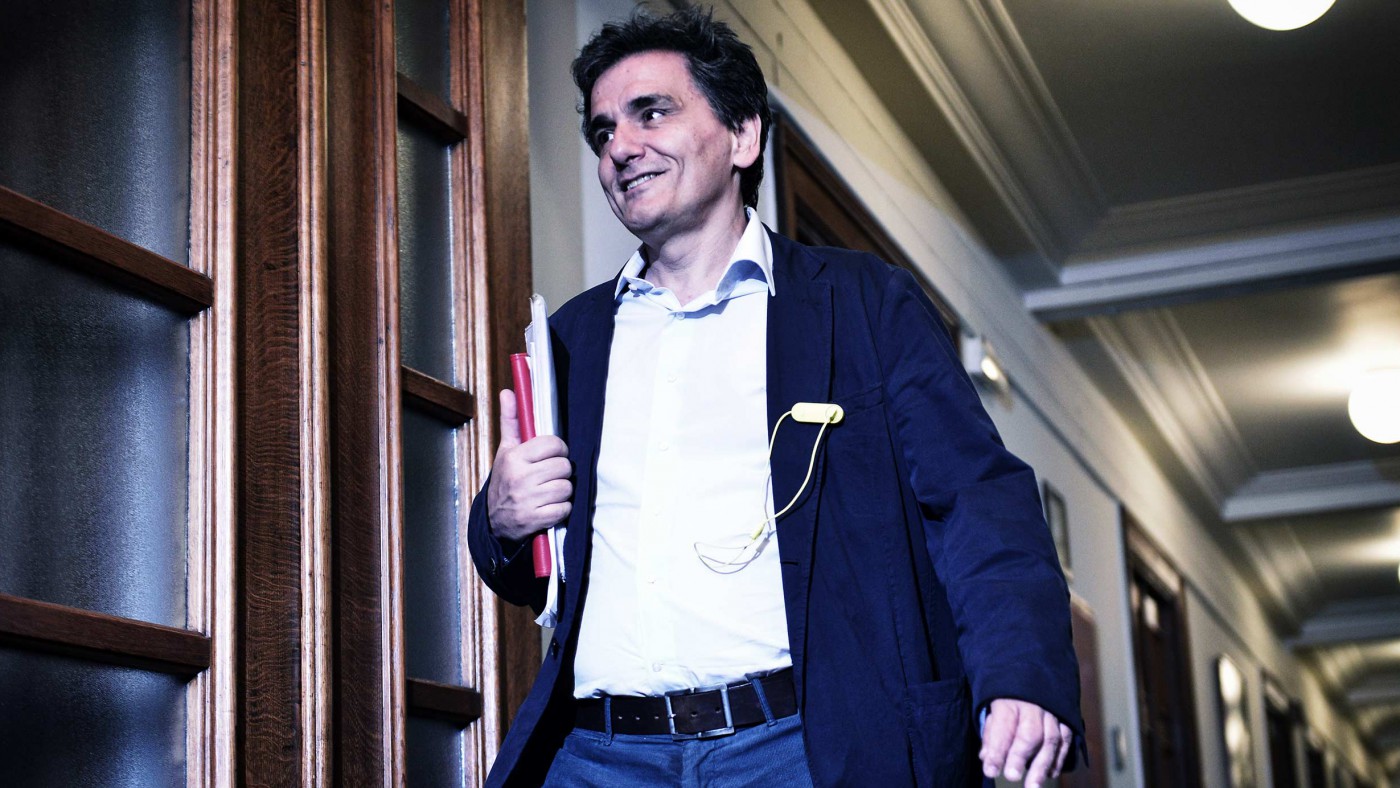The European Central Bank (ECB) meets today to decide on two key things, from the Greek perspective. First, they must decide whether to extend the Emergency Liquidity Assistance (ELA) that constitutes the last lifeline the ECB provides to keep the Greek banks going. Previous recent discussions have resulted in extensions, but extensions that were less than the Greek authorities had wanted – gradually ratcheting up the pressure to come to a deal. My guess is that we shall see much the same thing today.
The other key decision regards the collateral required from Greek banks, and in particular the discount the Greeks banks must offer to use assets as collateral (the higher that discount, the more secure the loan from the ECB perspective but, also, the more assets the Greek banks have to surrender in order to acquire any given amount of liquidity). The Greek authorities would like that discount reduced and also for the ECB to move towards allowing Greek banks access to more normal lending terms. Some ECB members are pushing for that discount to increase, given the threats by the Greek authorities to default (including upon the ECB itself). Most commentators think the discount will not increase this time, because of the huge political implications of doing so. My sneaky suspicion is that the ECB will, in fact, increase that discount rate a bit – to the impotent fury of the Greeks.
In the latest round of Greek negotiations, the Greek finance minister Yanis Varoufakis, has been replaced by Euclid Tsakalotos – a much less abrasive figure about whom I have written before. But since the fundamentals of the Greek position have not (and cannot) change, negotiations have got no further. Even Euclid can’t square this circle. The Greeks have taken to complaining that their IMF and Eurozone lenders can’t agree on their red lines, with the one saying there must be labour reforms but there might be a debt writedown whilst the other says there must be not debt writedown but labour reforms are less crucial.
We can see all this for the smokescreen that it is. Neither the Greeks nor the Eurozone really want a deal any more and neither side has any idea how they could come to a deal even if they wanted one.
Come July the bailout programme (extended to June) will end (probably never completed) and the big debt payments Greece faces in July and August will start to fall due. Even if they were to agree about how to complete the current programme, there’s no way to get through July and August without a third bailout, and no appetite on either the Greek or Eurozone sides to agree such a third bailout.
Some commentators now forecast a Greek default whilst they stay in the euro. That would have been perfectly plausible (indeed likely) if the Greeks had defaulted in 2010. But at this point a default means defaulting on the ECB, the Eurozone and the IMF. A country doesn’t default on its own central bank. Defaulting on the ECB would mean no liquidity for Greek banks and they’d be outside the Eurozone monetary system whether they continued to use euros or not. A country doesn’t default on other countries – not if it wants to stay friends and definitely not if it wants to stay in an economic union and to borrow more money from them later. Defaulting now, and staying in the euro, seems to me to be a complete non-starter.
The next significant step will probably be for the Greek government to be made a take-it-or-leave-it offer by the Eurozone on which it will call a referendum and recommend a rejection. One doesn’t need to be Euclid to deduce what will happen after that.
Andrew Lilico is Chairman of Europe Economics.
This article is an exclusive for CapX, and is available for syndication. Please contact [email protected] to discuss details.


